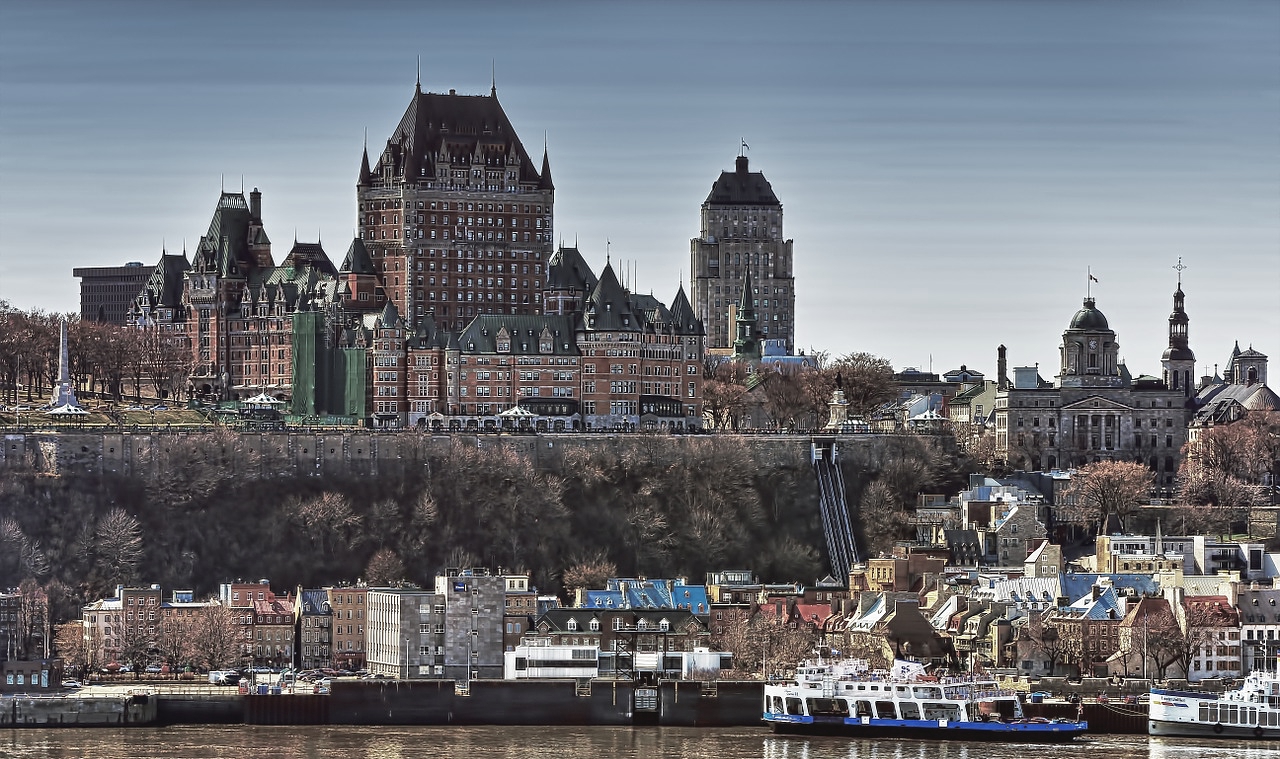- Joined
- Dec 6, 2010
- Messages
- 33,424
- Reaction score
- 5,684

Are you a province that doesn't want to develop its resources? Equalization has a nice, juicy payout just for you

Here’s a quick primer on the inequality of equalization payments.
The federal government’s stated goal for the program is to “enable less prosperous provincial governments to provide their residents with public services that are reasonably comparable to those in other provinces.”
Ottawa will hand out $18.3 billion to so-called have-not provinces through equalization this year. That money, of course, comes from taxpayers. Each Canadian’s per-capita bill is $503.
While all Canadians pay into equalization, the benefits are unequal. The Quebec government will collect $11.1 billion from equalization next year and that means it’s getting $828 more per Quebecer than the amount average Quebecers pay into the program. Manitobans come out ahead by $878 per capita. Nova Scotians and New Brunswickers average $1,371 and $1,823 respectively. Prince Edward Island is the biggest winner with a per capita haul of $2,121.
Ontario collects some equalization money but, after accounting for the per-capita shares of the program’s costs, it loses $401 per Ontarian.
People in Alberta, British Columbia, Saskatchewan and Newfoundland and Labrador pay into equalization, but they get nothing back and they haven’t gotten anything back for years.
That means a family of four in Red Deer will pay$2,012 into equalization and the Quebec government will collect $3,312 for a corresponding family in Chicoutimi. A family of four in Moose Jaw will pay $2,012 while the Manitoba government will collect $3,512 for a corresponding family in Brandon. A family of four in St. John’s will pay $2,012 while the P.E.I. government will collect $8,484 for a corresponding family in Charlottetown.
Those who support the status quo hide behind equalization’s complex economic calculations, but there’s a clear pattern: People in provinces with significant non-renewable resources, such as oil and potash, pay for equalization and provinces that haven’t developed non-renewable resources collect from equalization. For example, Manitoba and Quebec continue to collect equalization while taking full advantage of their hydro resources, but Alberta and Newfoundland get nothing from equalization because the program penalizes them for developing their energy sectors.
Perhaps Ottawa could justify siphoning money from provinces such as Alberta and Saskatchewan while their oil patches were booming, but surely the program will reflect their struggles with depressed commodity prices, right?
The reality is the contrary.
The Saskatchewan government’s revenuesdropped by three per cent in 2015-16 compared to the previous year. During the same period, Newfoundland and Labrador’s revenues sank 13.7 per cent and Alberta’s sank 14.1 per cent. Yet, people in these provinces continue to pay into equalization and get nothing in return.
The lack of logic compounds when considering the situation of recipient provinces.
P.E.I.’s provincial revenues fell by 4.2 per cent in 2015-16 so maybe it could make a case for more help. But Manitoba’s provincial revenues went up slightly and it’s getting $84 million more in equalization payments. Quebec’s provincial revenues went up a healthy four per cent, but its equalization cheque will go up by more than a billion dollars.
So the provinces with growing revenues are “less prosperous” by Ottawa’s reckoning and need billions in handouts that are taken from provinces such as Alberta and Newfoundland that are dealing with plummeting revenues. There is no reason given to explain why recipient provinces need more equalization money. And there’s no consideration given to the fact that many of the people that pay the costs are struggling.
Todd MacKay is Prairie Director, Canadian Taxpayers Federation.
http://business.financialpost.com/o...tion-has-a-nice-juicy-payout-just-for-you/amp
Last edited:






